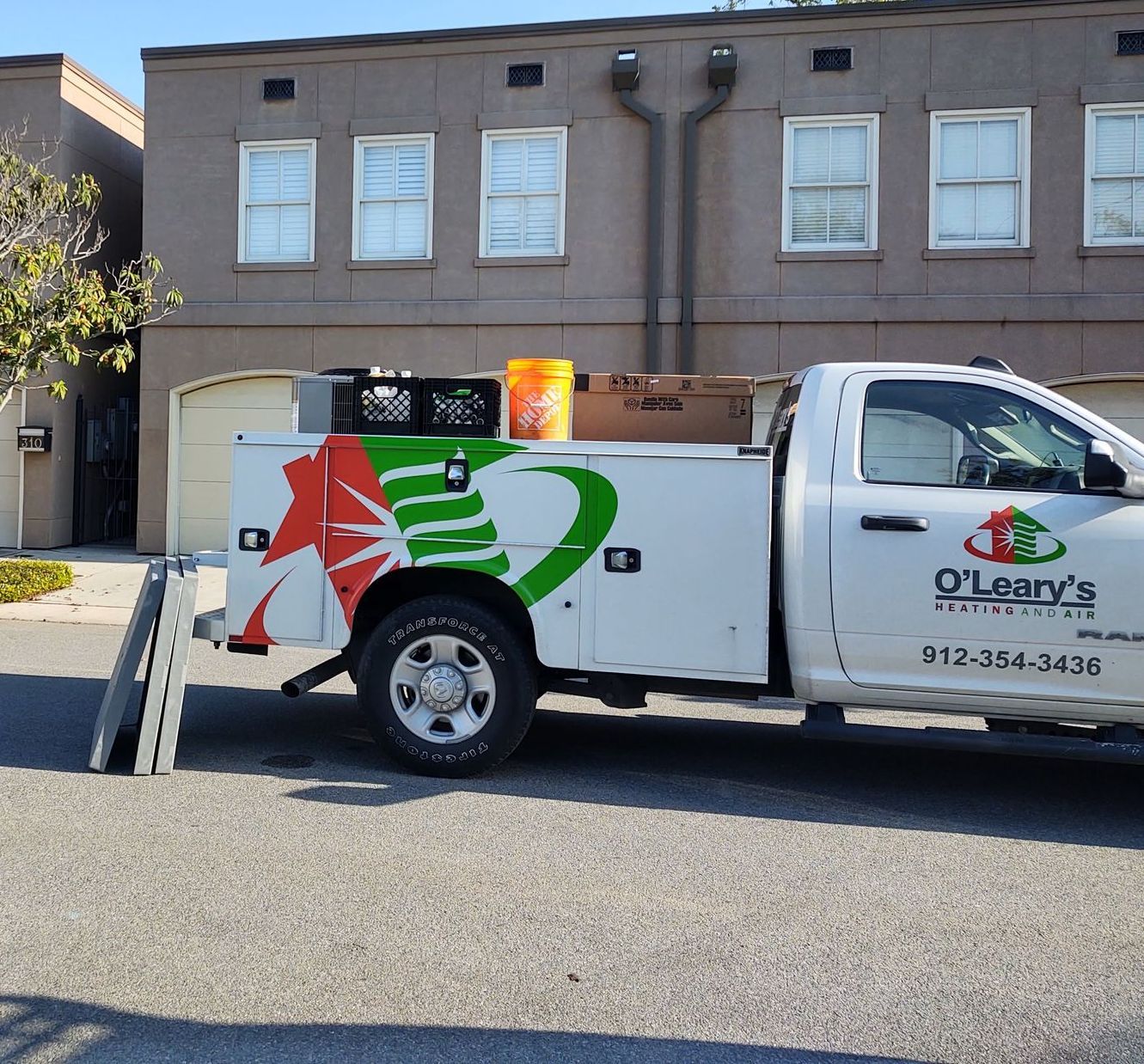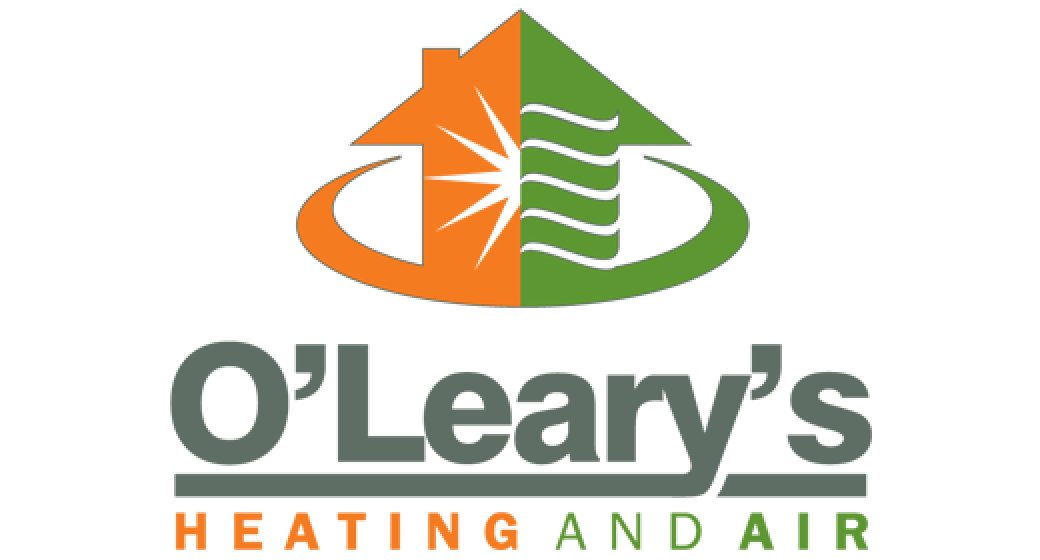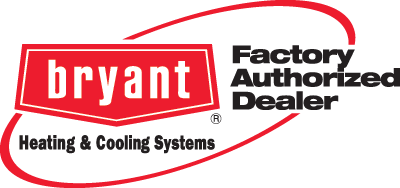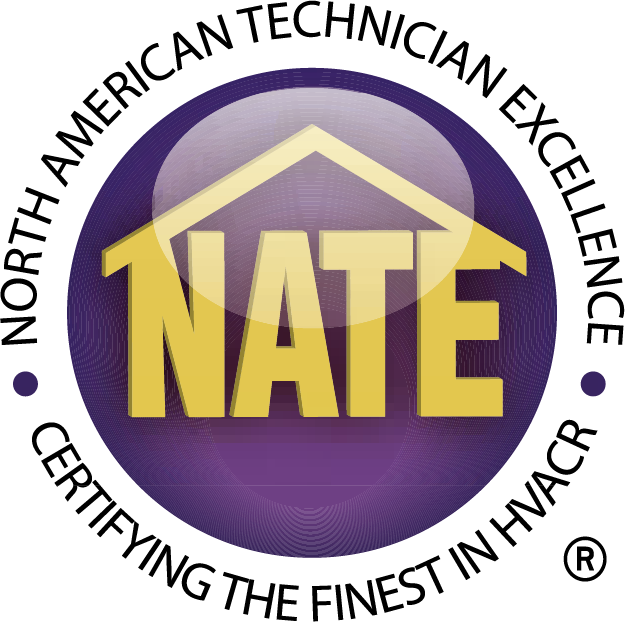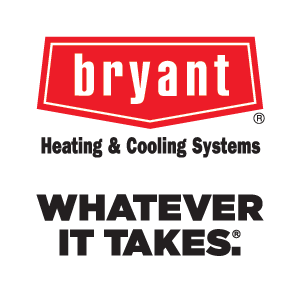When you're uncomfortable and weary, call O'Leary's!
O'Leary's Heating and Air is your go-to expert for all your air conditioning needs in coastal Georgia and South Carolina. Whether you need prompt A/C repairs, maintenance or a complete air conditioning installation, we’re here to help.
31 Years HVAC Experience
GA Service Areas: Bloomingdale, Eden, Ellabell, Guyton, Pembroke, Pooler, Port Wentworth, Richmond Hill, Rincon, Downtown Savannah, Skidaway Island, Springfield, Tybee, and Wilmington Island.
SC Service Areas: Bluffton and Hardeeville

Meet The Owner
Meet Timmy, the dedicated owner of O’Leary’s HVAC! With over 31 years of experience in the heating and air industry, Timmy has built a reputation for providing top-notch HVAC services across coastal Georgia and South Carolina. His passion for quality workmanship and customer satisfaction drives everything O’Leary’s HVAC stands for—whether it’s reliable A/C repairs, routine maintenance, or full-system installations.
Timmy and his team proudly serve communities in Georgia, including Bloomingdale, Pooler, Richmond Hill, Savannah, Tybee, and beyond, as well as Bluffton and Hardeeville in South Carolina. No matter the job, Timmy ensures that every customer receives honest, efficient, and expert service to keep their home comfortable year-round.
At O’Leary’s HVAC, Timmy isn’t just another contractor—he’s your trusted neighbor in comfort!
Your Full-Service HVAC Professionals
Performance, Reliability. A Name You Can Trust
Air Conditioning
When it comes to delivering professional yet affordable air conditioning service in Savannah, O’Leary’s has 31 years of experience installing, repairing, and servicing air conditioning units.
Heating Systems
Just like any other mechanical device, without proper maintenance and frequent service, the system is bound to eventually breakdown, whether your heating system is running poorly or simply needs a tune up, O’Leary's is there for you.
System Maintenance
Our HVAC maintenance service will optimize the efficiency of your system while also reducing the likelihood of a breakdown.
System Design
We can calculate and design the perfect HVAC system, to deliver proper air flow and have your HVAC system operate at its best.
About Us
When you're uncomfortable and weary,
call O'Leary's!

Expert HVAC Services Tailored to Your Needs
At O'Leary's Heating & Air, we specialize in providing comprehensive HVAC solutions for both residential and commercial customers. Our skilled technicians are trained to work on all makes and models of heating and cooling systems, delivering exceptional results with every service. From repairing malfunctioning systems to installing energy-efficient HVAC units, we are dedicated to enhancing your indoor comfort.
Choosing O'Leary's Heating & Air means choosing a team that values quality, reliability, and your satisfaction above all. As a locally owned and operated company, we take pride in serving our community with personalized care and attention. Our customer-first approach ensures every project is completed on time, within budget, and to your complete satisfaction.
Maximize Efficiency with Regular Maintenance
Regular HVAC maintenance is essential for prolonging the life of your system, optimizing energy efficiency, and preventing costly breakdowns. Our maintenance services include thorough inspections, cleaning, and performance checks to ensure your heating and cooling systems operate at their best. Enroll in our maintenance program and enjoy priority service, reduced repair costs, and peace of mind.
